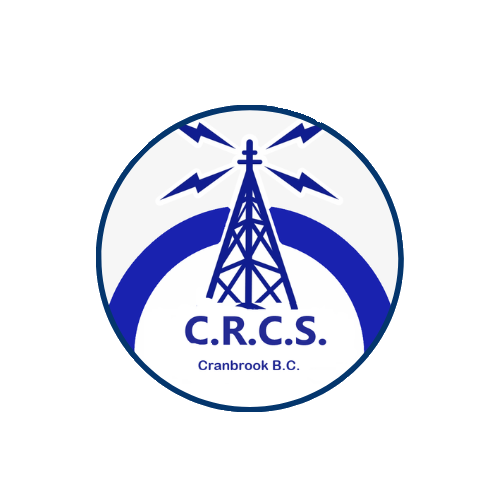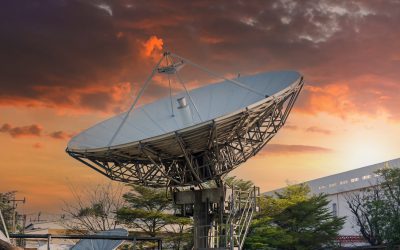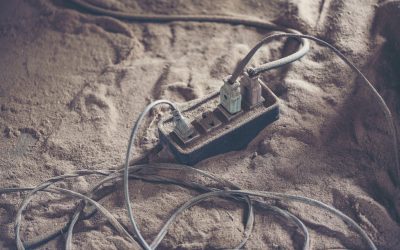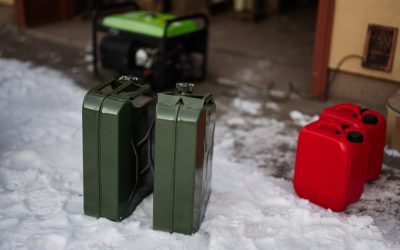Knowledge is Power
For Your Information
Building and Using Magnetic Loop Antennas: The Ultimate Ham’s Guide
Amateur radio is a hobby built on experimentation and ingenuity. From QRP field operations to stealthy urban shacks, hams are always searching for antenna solutions that blend performance, portability, and adaptability. Enter magnetic loop antennas—the compact,...
Satellite Ham Radio: Getting Started with Amateur Space Comms
Space—the final frontier. For many amateur radio operators, the thrill of communicating through satellites adds a whole new dimension to the hobby. Whether you’re looking to make your first contact through a “bird” racing overhead or dreaming of decoding signals from...
Understanding Grounding: Safety and Signal Quality in Your Station
Whether you’re assembling your first HF rig or upgrading a seasoned contest station, one topic that always sparks questions, debates, and even myths in the amateur radio world is grounding. Proper grounding is the unsung hero of a safe, efficient, and...
Portable Power Solutions for Winter Field Days: Reliable Energy for Cold-Weather Ham Operations
Portable Power Solutions for Winter Field Days: Reliable Energy for Cold-Weather Ham Operations Winter Field Day is one of the most anticipated events for amateur radio operators who love a challenge. There’s nothing quite like braving the cold, setting up a station...
Choosing the Right Headset for Long Operating Sessions
If you’ve ever participated in a 48-hour contest, manned a Field Day station through the night, or settled in for a long roundtable with friends, you know one thing for certain: comfort, clarity, and reliable audio are non-negotiable for long operating sessions. The...
Improving Your Receive Audio with External Speakers: A Practical Guide for Hams
Few things are as satisfying in amateur radio as pulling a weak DX station out of the noise, or enjoying a long ragchew with friends on a crisp, clear signal. But as any seasoned operator can tell you, the quality of your receive audio can make or break the...







